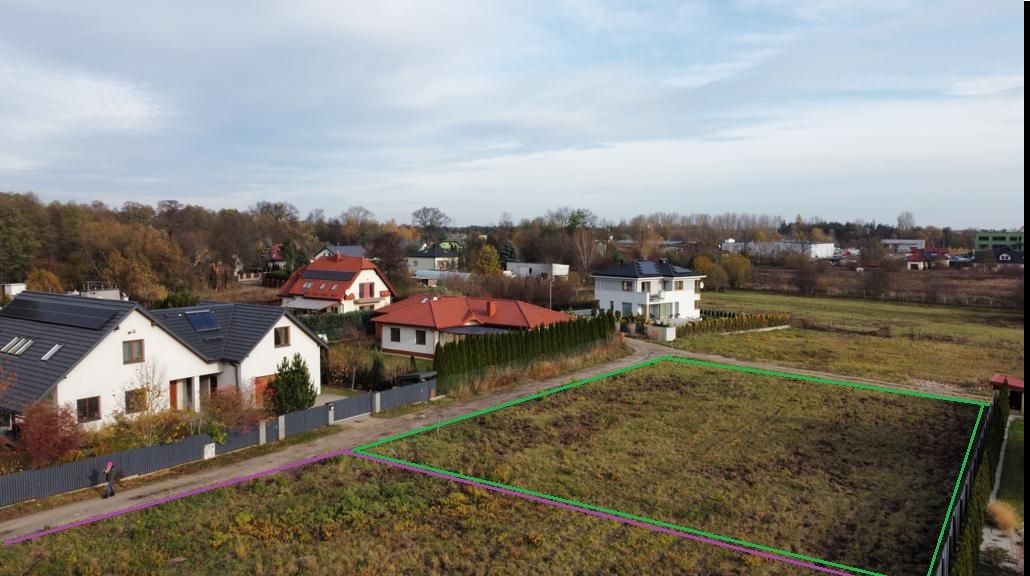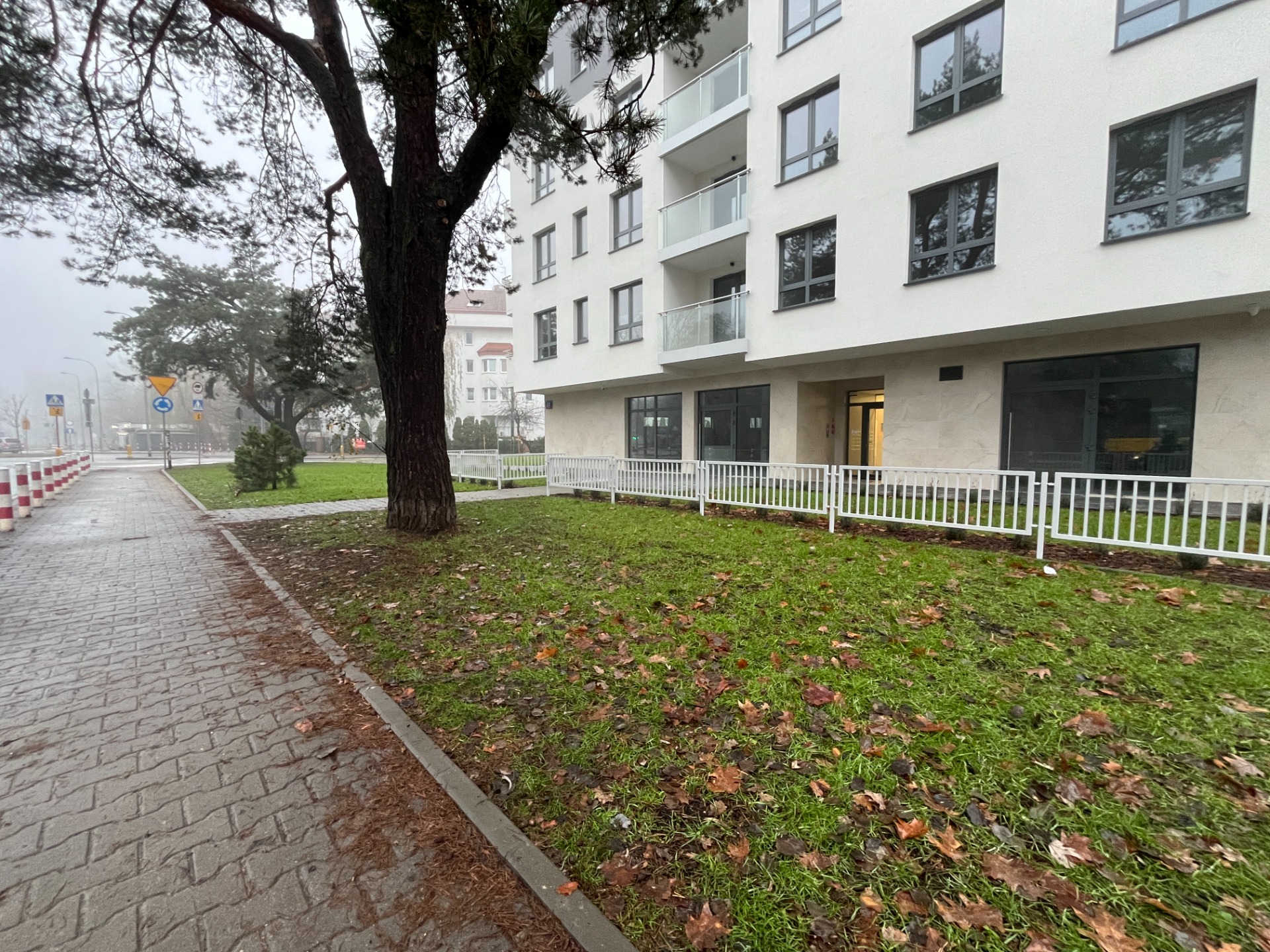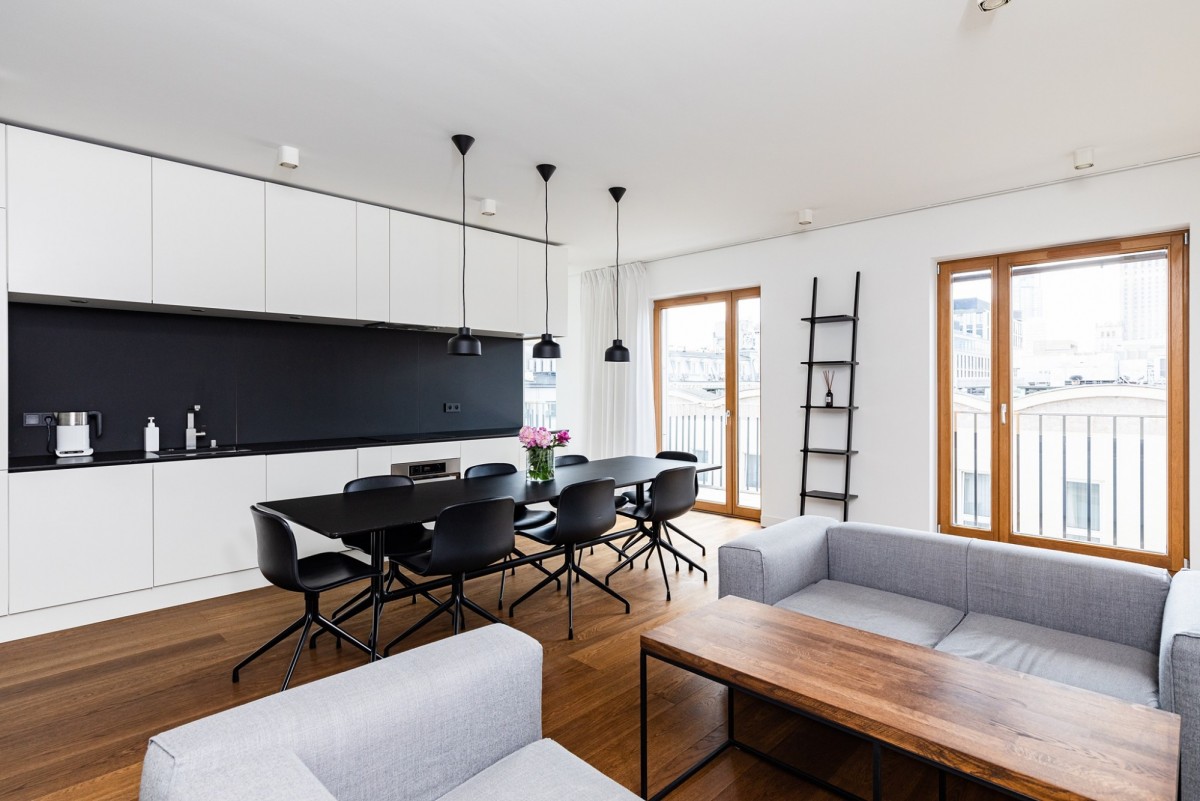What to watch out for when buying land

What to watch out for when buying land
When purchasing any real estate, be it a plot, a house or an apartment, you need to keep your eyes open. Although there are plenty of advertisements for sale, many of them may be interesting only at first glance. Every seller wants to sell as quickly as possible and make as much money as possible, even if what he is selling is not worth the price. After all, the demand in the real estate market is not decreasing at all, so the chance of finding a buyer even for defective real estate is great. In the real estate market, sellers who do not always have pure intentions want to get more.
When purchasing any real estate, be it a plot, a house or an apartment, you need to keep your eyes open. Although there are plenty of advertisements for sale, many of them may be interesting only at first glance. Every seller wants to sell as quickly as possible and make as much money as possible, even if what he is selling is not worth the price. After all, the demand in the real estate market is not decreasing at all, so the chance of finding a buyer even for defective real estate is great. In the real estate market, sellers who do not always have pure intentions want to get more.
Today we will tell you how to check a plot of land before purchasing.
When choosing a property to purchase, you need to pay attention to a number of legal and formal issues. Price itself is never a good indicator of the true value of a property - you should be wary of hidden flaws in the site.
You may encounter a hidden defect if the real estate seller did not provide the future buyer with information about the physical or legal defect at any stage of the contract.
Check whether the site contains dangers or restrictions: flood, landslide, protected areas, legal restrictions.
If you discover a hidden legal defect in the purchased item, you have 5 years from the date of purchase to apply for a guarantee in this regard. In the case of a hidden physical defect, this period is 1 year.
Disadvantages of the site - what to watch out for?
Sometimes, even after reading a real estate ad very carefully, it may turn out that you are missing something, do not check something, something is hidden by the seller and, as a result, you buy a property that has a hidden defect.
What is a hidden site defect?
You may encounter a hidden defect if the real estate seller did not provide the future buyer with information about the physical or legal defect at any stage of the contract. Such an action constitutes a violation of the provisions of the Civil Code. By purchasing a plot of land with a hidden defect, you expose yourself to the risk of not only a decrease in living comfort, but also the costs associated with eliminating these defects, if they can be eliminated. In the worst case, it may turn out that you will not be able to implement your plans on the site.
Disadvantages of the site - what are sellers hiding?
The goal of a seller whose property does not necessarily have favorable characteristics is to avoid mentioning or listing them in his listing. Anything unfavorable will lead to a decrease in the price of real estate, or make it difficult to find a buyer.
What shortcomings can dishonest sellers hide in an ad?
Examples of site deficiencies and troubles:
Entry of debt in the land-mortgage register - when purchasing a plot, it is necessary to check the entries in the land-mortgage register to find out, for example, whether the plot is encumbered with a mortgage or mortgaged.
Flood-prone area close to water - a site close to a river may seem attractive. However, it is worth knowing that building a house in a river floodplain may cause periodic flooding. Even a seemingly small river can be a threat. And this threat is real - local flooding is increasingly occurring, especially in spring and summer. You don't want to risk your home flooding.
Ignoring information about the location of a property in a floodplain can cost you dearly. Abstracting from such obvious consequences as the possibility of destruction of property during a flood, we can highlight a whole list of additional costs. You should be aware that there is a high probability that you will not receive permission to build in such a location. However, even if you manage to get it, your accident insurance costs will skyrocket. The increase can be as high as 50%, and in some cases the insurer may refuse to accept your insurance application.
Smog. A thorough location check is not only about how the chosen location and its surroundings may change over the years, but also what may happen to it during different seasons. In spring the area may seem clean, but in winter the air can be filled with smog. When you want to quickly buy a plot, house or apartment, there is usually no time to check the place at other times of the year. To solve this problem, it is necessary to study the average dust content throughout the year. Reliable information will help you make a rational decision.
Noise. You should also study the noise level, which may also depend on the time of day or season, and the distance to the highway. It happens that the site is excellently located, close to a transport interchange. It sounds attractive, because who wouldn’t want to get into a car and within 5 minutes find themselves almost outside the city, on the highway. You forget about traffic jams when leaving the city, but what can you get in return? If there is a highway nearby, problems associated with noise will appear - on weekdays and weekends, before and after holidays. There is always traffic on the highway.
A distressed investment in the area - imagine finding the perfect place for a nature lover. The plot is surrounded by greenery with beautiful views of the natural landscape, ideal for permanent residence with a family. You buy a plot and don’t even know that the neighboring plot has already been issued a permit to build, for example, a supermarket. Or a year later, a concrete residential complex suddenly began to grow in front of the windows of your apartment, spoiling all the qualities for which you chose this particular place. This scenario is possible, so you should find out what investments are planned in the area in the future.
To do this, it is worth familiarizing yourself with local improvement plans and building permits not only for the site on which your property is located, but also for its surroundings. Thanks to this, you will avoid unpleasant surprises that could dispel your dreams of a quiet place to live. Additionally, knowing what forms of conservation cover the surrounding areas will help you ensure that your chosen area remains green.
Presence of landslides. Lack of information about the location of a site in a landslide zone can also cost a lot of money. The presence of landslides on a site is difficult to detect during field inspection, and the associated insurance costs are similar to those incurred in the event of flooding. In this case, the increase in the rate of property insurance against fire and other accidents can also reach 50%. The occurrence of landslides also often influences the form of possible investment that can be built on a particular site.
Lack of access to a public road - remember that in order to obtain planning permission, a development conditions decision must be obtained, and one of the conditions for its issuance is that the property has access to a public road.
Plot with ruins - you have decided to buy a plot with ruins for demolition. But will you really be able to get rid of an unsightly building? Check: the height of the structure does not exceed 8 m, the distance from the border exceeds half of its height, and whether it is included in the register of monuments or is under protection. Fulfilling at least one condition will require you to obtain a demolition permit. If you answered “no” to all the questions, it is enough to report the demolition to the district office.
A plot without access to communications - although the price of such a plot may be lower, in the end it may turn out to be more expensive. If you buy a plot without utilities, but the networks are nearby, you should not have problems with connection. However, if you bought a plot of land in a remote area, far from any sign of civilization and, moreover, without annexes... well, it could cost you a lot - time and money.
History of the selected plot - when purchasing a plot, it is worth asking the seller about the history of the selected plot. As with landslides, some things will not be visible while visiting the chosen location. The cost of building your home will increase significantly if it turns out that you must build it on the site of a drained swamp or former landfill.
So, once again, what you need to check when buying a plot of land:
Infrastructure. Access to a public road, access to a planned or under construction road, route of power lines, access to fiber optic cable, utility networks.
Formal legal restrictions - everything about registration data. What building permits have been issued in the vicinity of your chosen location, the location of protective zones around cemeteries or airports, what forms of environmental protection exist.
Absence of problematic objects near the site.
Whether the selected area has a local zoning plan, and if so, obtain information about the purpose and rules of zoning.
What is the effect of sunlight on the terrain and roofs of buildings in the selected area.
Is there a danger of floods, stagnation of water, landslides in the area?
How noisy is the area, is there a danger of air pollution.
What types of services are nearby the selected location.
Analysis of terrain differences and analysis of terrain exposure.
Are there any buildings on the territory that are protected as monuments?
What is the history of the site?
Conclusion
If you are buying a house, land or apartment, you should make sure to choose the right location several times. Moreover, buying real estate is a long-term decision, and not all risks are visible at first glance. When choosing a suitable location, you should consider not only its condition at the time of purchase, but also consider its past and expected future.
Blog

Housing prices and the situation on the real estate market in Poland in the third quarter 2023
Housing prices and the situation on the real estate market in Poland in the third quarter 2023


Average price per sq. meters of real estate in Warsaw in 2021
Average price per sq. meters of real estate in Warsaw in 2021





